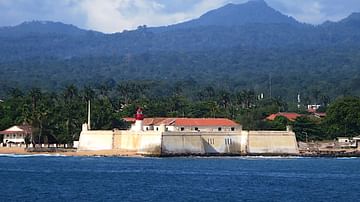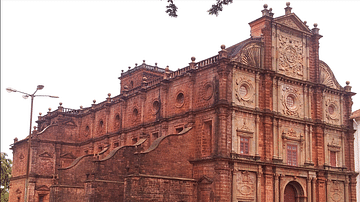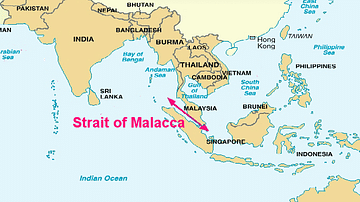The Portuguese built an empire from 1420 onwards that was largely composed of trade centres dotted around the coasts of three continents. This colonial enterprise was driven by a search for African gold, Asian spices, and Christian kingdoms in the east. The curiosity and expertise of Portuguese mariners like Vasco da Gama resulted in the exploration of new sea routes down the coast of West Africa, around the Cape of Good Hope and across the Indian Ocean to India and beyond. By the time Portuguese Brazil was created, it had truly become the first global, inter-continental empire.
In this collection of resources, we examine the process by which the empire was built and maintained, its key colonies, and its impact on local peoples, environments and trade networks. The Age of Exploration led to a new, more violent and disruptive world where colonial powers carved up the globe as they jostled to extract precious resources from wherever they might be found and to enslave and transport millions of people for use as free labour. This Age of Empires, as we might call it, still has consequences today wherever colonial powers once imposed their language, culture and religion upon indigenous peoples worldwide.
















